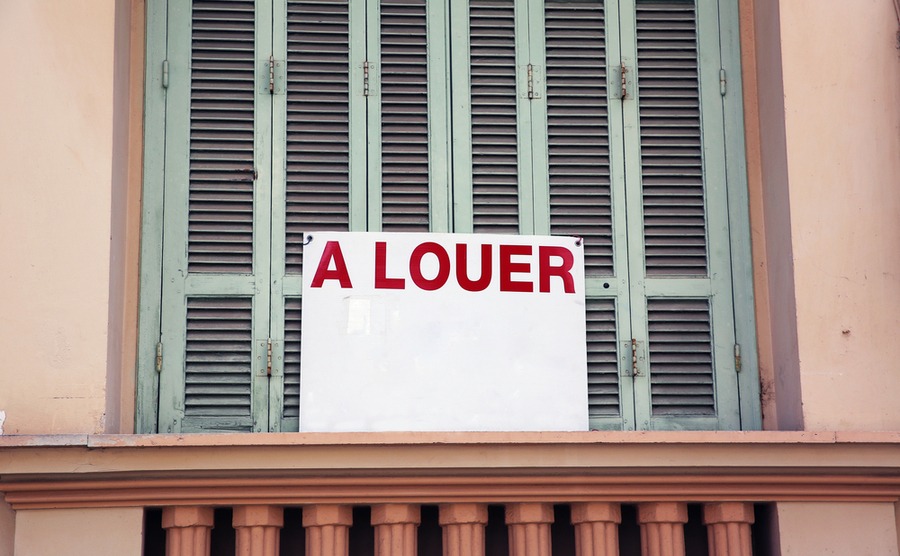With France the most popular country in the world for holidays, there is always great demand for vacation lets. So if your place will be laying empty for a while, why not make some money from it? Here are a few things you need to know if you are planning to rent out your French property.
Many second-home owners in France rent out their property. It’s an excellent way to earn an income, and in some cases will more than cover your bills. And while there will be extra wear and tear, a home may benefit from being occupied rather than lying empty.
Everything can be outsourced, by employing the services of a rental agency, accountant and legal help. So don’t panic!
It’s important to ensure that you understand the rules and pay the taxes. Everything can be outsourced, by employing the services of a rental agency, accountant and legal help. So don’t panic if the rules look tricky and you dread either doing the cleaning for each handover or getting involved with the French tax collector! You can decide how much you wish to do yourself, and get a local accountant or rental agency to fill in any gaps. You will always be at a disadvantage if you don’t speak French, but there are always local expats to call on for help.
For peace of mind, it may well be worth letting a rental company take care of it all for you. They normally charge between 10% to 15% of the rental income. In return you can rest assured that all is taken care of including complaints, damage and maintenance.

A property to let, In Nice
Find homes in France via our property portal.
What taxes will you be liable for?
Firstly, your rental income is liable to tax in France whether you are in the country or in the UK. If you are a UK resident you will pay tax on the income of your property. So you must declare a tax return to the French authorities as well as in the UK. However, France and the UK hold a double taxation agreement so you will not be paying twice. In short, if your UK tax is greater than what you owe in France then the difference will be paid in the UK. But if less, there will be no repayment of the French tax.
You can learn more about this from the UK government website.
Secondly, you will be liable for the taxe fonciere and taxe d’habitation. These are the two property taxes in France applicable to all home owners. The former is a land tax payable by the owner. The latter, taxe d’habitation, is a residence tax worked out according to the household income. A long-term tenant would normally be liable to pay this, but otherwise it will be the owner. Although President Macron is gradually phasing out the taxe d’habitation for those on low incomes, for now the bills are still sent out around October each year.
If you are ready to buy in France within the next few months, call our friendly France Resource Team on 020 7898 0549 or email [email protected].
You need to register at your local prefecture for tax payment. If in doubt about which one applies to you, ask at your local mairie. They are always a great source of information in France.
Rental income and expenditure
You’ll end up with a flow of cash, hopefully coming your way! If not, and the property in France has maintenance and other expenses, it’s important to plan for currency exchange. For money flowing over to France for regular bills, such as gas and electricity, local taxes and maintenance, you can set up a Regular Payments Plan with a forward contract. This sets your exchange rate for up to a year, with payments automated. For money being returned, again you can fix the exchange rate with a forward contract. Speak to a currency specialist at Smart today by calling us on 020 7898 0549.
For a smooth purchase, rental or sale in France, avoid the reduce risk from exchange rate changes. Find out how in our partner Smart Currency Exchange’s guide, The Property Buyer’s Guide to Currency.
France remains one of the most popular countries for second homes for British people and the rental market is vibrant. By following a few simple rules, you can make your French home pay for itself.










